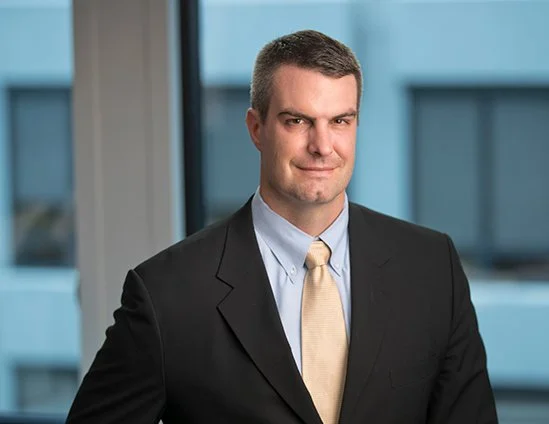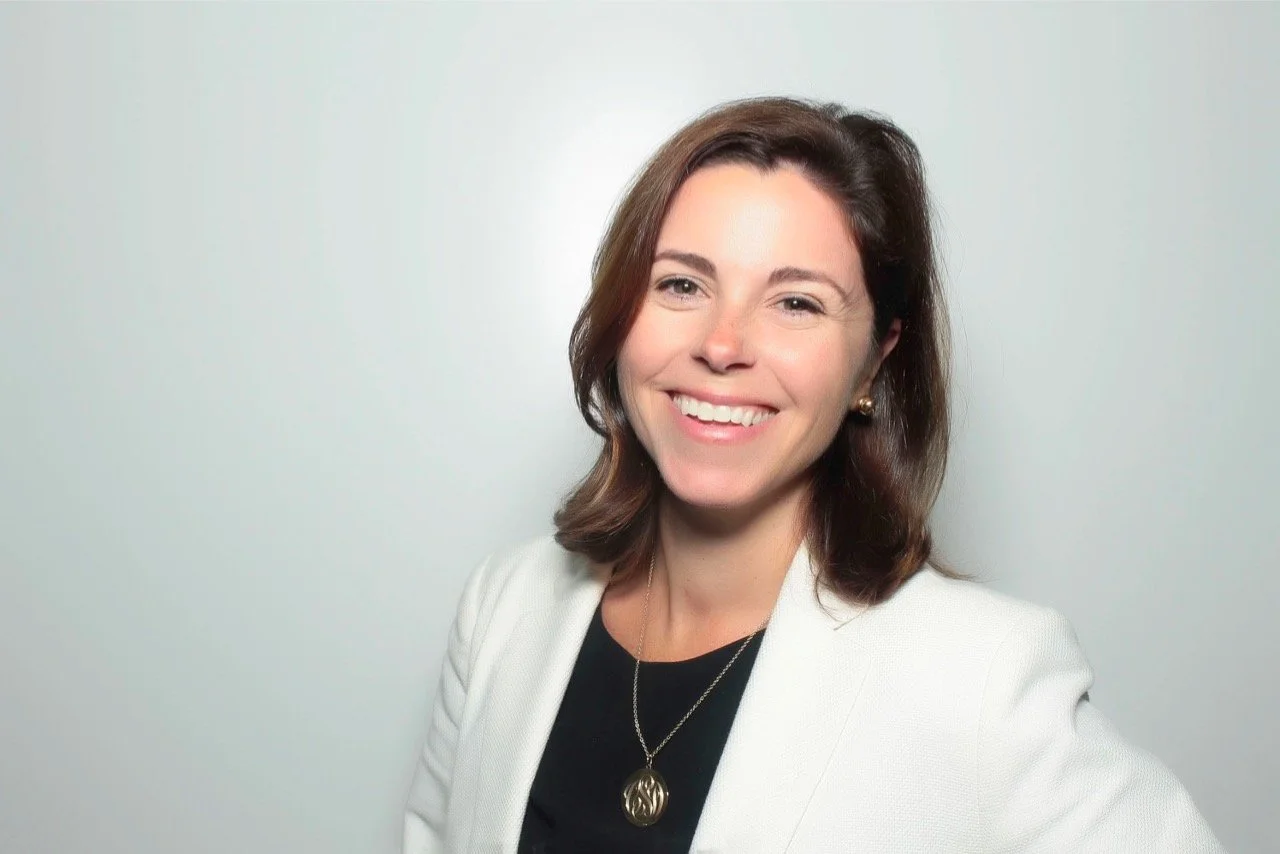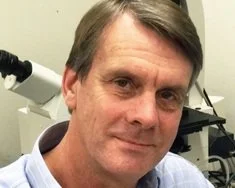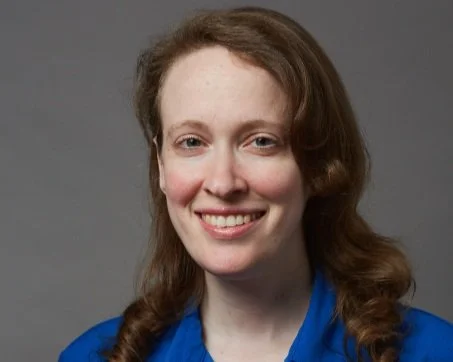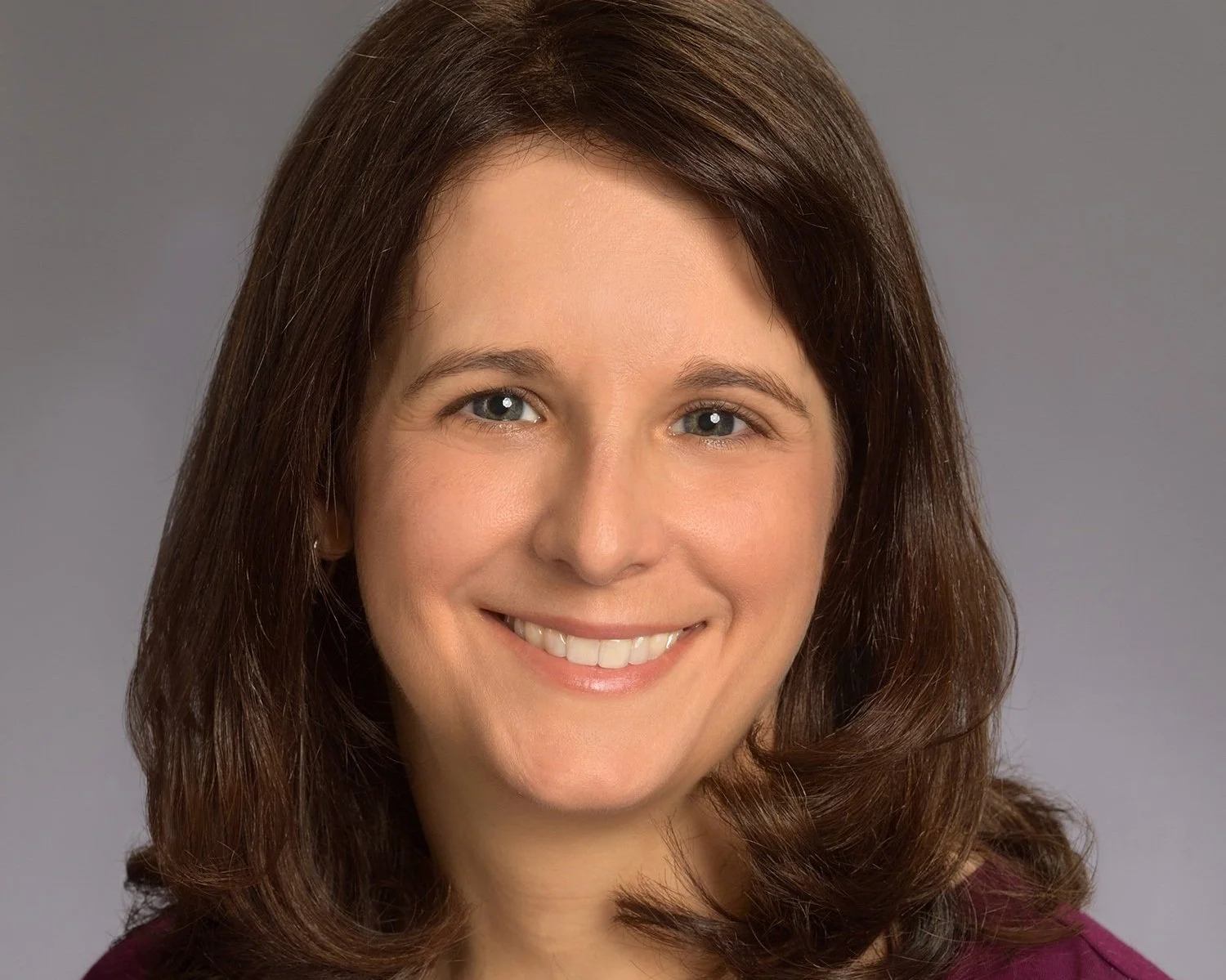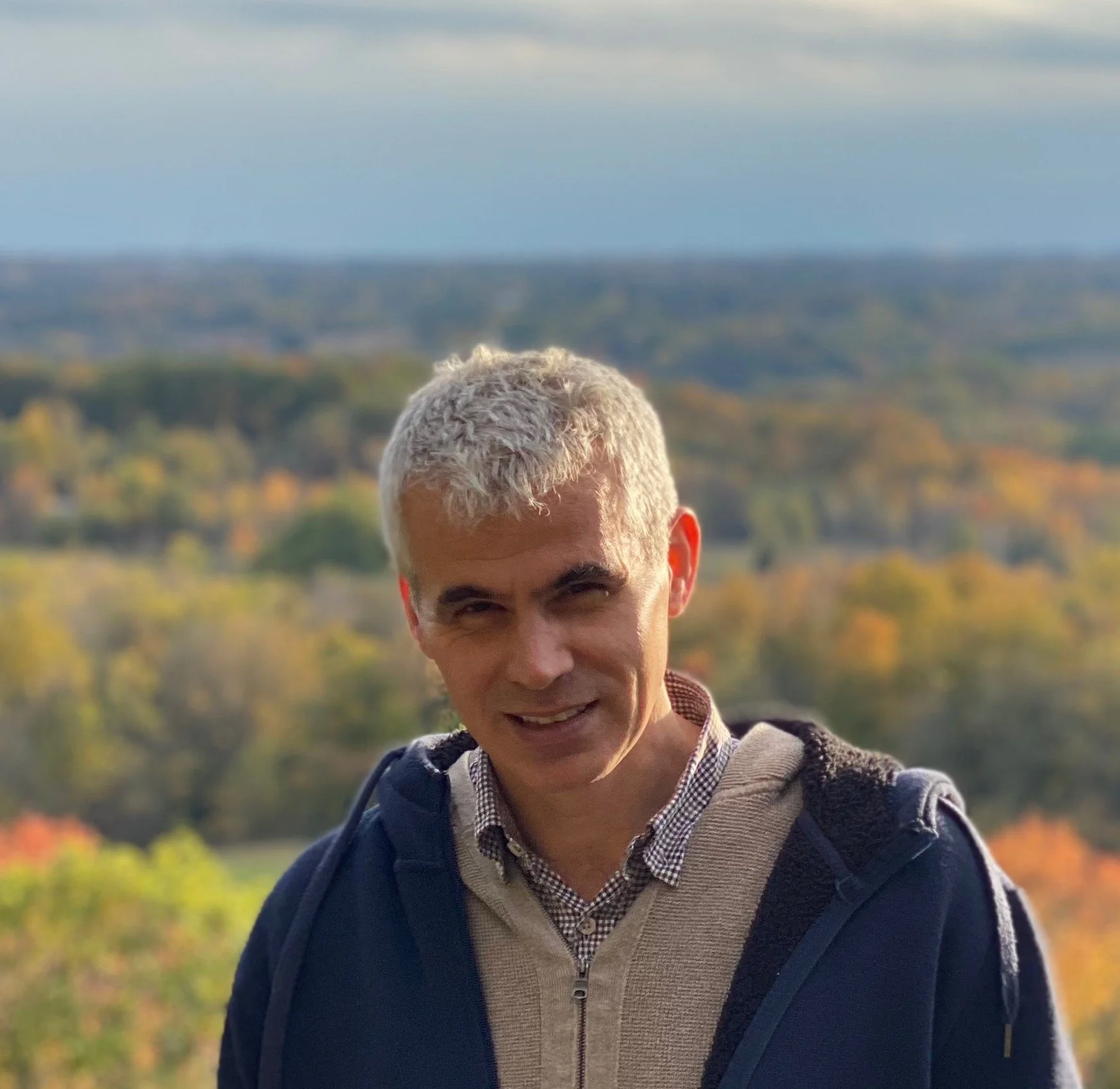
About Us
WHO WE ARE AND WHY WE’RE HERE
Welcome!
Whether 3q29 is a brand new term for you or has been part of your life for years, we understand the difficulty of navigating these uncharted waters alone.
The 3q29 Foundation was created by families, advocates, and researchers of this rare genetic syndrome. With a Board of Directors, Scientific Advisory Board, and hard-working Advisory Group, we’re a committed team of volunteers ready to remove the obscurity from this genetic syndrome.
We have some ambitious goals. Some are coming to fruition now, and some we’ll hit down the road (hopefully with your help!).
What we’re doing now
Planning fundraising events to support research, family events, and resources for families and individuals
Improving access to information
Building a community of people with 3q29 syndromes, their families, medical professionals, and researchers
What’s to come
Raise enough money to support a study clinic where people with 3q29 can undergo all evaluations in one place
Financial support for families to travel to the study clinic
Fun events where people with 3q29 and their families can meet, share stories, and create lasting, supportive friendships
Fund research focusing on therapy at the cellular level
-
3q29 deletion syndrome is a genetic condition. Diagnosis occurs when genetic testing shows a tiny part of the third chromosome missing from the DNA of a person’s cells. This missing section of the chromosome is very small but contains several genes. As a result of this missing genetic material, a person’s physical, mental, and emotional development can be affected.
Currently, 3q29 deletion syndrome affects about 1 in 30,000 people. That makes the condition pretty rare, but we believe advances in genetic testing and greater access to this technology will reveal it’s more common than previously believed.
How exactly does 3q29 deletion syndrome affect people? This is what we’re still trying to understand. Researchers know the effects can range from mild to severe. Some common (though not universal) physical features of those with 3q29 include a lean body type, low muscle tone, and small stature. Babies with 3q29 tend to hit their developmental milestones late, and sometimes intellectual disability, autism, or mental illness becomes a challenge.
What’s also clear is that there’s a wide range of experiences.
Researchers are working hard to understand why the deletion happens, why it impacts people so differently, and how best to help.
There’s a lot to learn about 3q29 deletion syndrome. Here’s an informational overview to get you started and blog post with 9 most commonly asked questions. Meanwhile, we’ll post research from the 3q29 Project as it becomes available, and offer real-life insight and helpful resources.
-
3q29 duplication syndrome is a genetic condition. In this case, diagnosis happens when genetic testing shows a tiny part of the third chromosome is duplicated within the DNA of cells. This duplicated section of genetic material is very small but it contains several genes. In some cases, this can impact a person’s physical, mental, and emotional development.
On the other hand, it’s also possible that having 3q29 duplication doesn’t noticeably affect any aspect of a person’s life. Because of this, there are far fewer documented cases of 3q29 duplication relative to the deletion. Researchers have a difficult time designing studies for such a small population.
We’re hopeful that expanded access to testing will help reveal a clearer picture of the actual occurrence of 3q29 duplication syndrome.
Despite the need for more research, what we do know is speech delays, learning disabilities, autism spectrum disorders, and heart abnormalities are a few issues that have been noted in some people with 3q29 duplication syndrome. This study explains it in more detail.
The truth is we have a lot to learn about 3q29 duplication syndrome and limited information is available online. But as more people receive a diagnosis, we hope to be able to share new findings. In the meantime, we’ll still highlight real-life stories and offer the opportunity for connection and resource-sharing.
-
You don’t have to have a 3q29 syndrome or know someone who does to benefit from the research currently taking place around these conditions.
Some of the research findings can apply to people with other conditions or even the general public.
For example, it’s clear that early intervention can help bridge developmental gaps for children with a 3q29 syndrome.
This supports other findings that early intervention can be a game-changer for any child with a developmental delay. We aim to increase awareness of the benefits of early intervention and how to access it for your child, regardless of any diagnosis.
Those studying 3q29 are also honing in on exactly what happens to the brain that contributes to an increased risk of experiencing psychosis or schizophrenic-type episodes.
By understanding what happens to the brain on a cellular level, better treatments can be developed to potentially benefit anyone susceptible to these mental health conditions.
While 3q29 is still considered rare, genetic testing is becoming increasingly accessible. This makes it more likely you’ll eventually know and love someone with a 3q29 syndrome or other rare genetic condition. By pooling research findings and general awareness, we all come out ahead.
-
The 3q29 Foundation is proud to have a dedicated team of volunteers who make it possible to keep operational costs down.
We are a newly-formed organization and do not have formal financial documentation to share yet for 2023.
In 2023, we raised nearly $10,000 in monetary and in-kind donations. Of this, approximately 20% was used to set up the Foundation and less than 3% went to operating and administrative fees. The rest has been rolled into our budget for 2024.
In 2024, over 90% of funds raised are slated to support family events and 3q29 research.
Meet the Board of Directors
-
Ms. Forman founded the 3q29 Foundation in June of 2023. She has been the General Counsel and Chief Compliance Officer of Raith Capital Partners since 2022. She has spent nearly twenty-two years in various senior legal and compliance roles in the investment management industry, both in house and at major national law firms. Ms. Forman also has over 20 years’ experience advising not-for-profit organizations. Prior to attending law school at UCLA, Ms. Forman worked for an international charity, most notably working in public relations.
She lives in New Jersey with her husband, two children, and her two pets. During Covid, her family fostered 18 dogs and puppies. She is also a Board if Director at Temple Emanuel of the Pascack Valley in Woodcliff Lake, N.J.
-
Founder of the Bennett Merley Fund at Rutgers University, with his wife, Dr. Lindsey Bordone. Dr. Bordone and Mr. Merley set up, funded, and fundraised for that University-specific Fund in memory of their son, Bennett, who was a 3q29 Deletion member.
Mr. Merley serves as a seasoned business advisor with experience in crisis management, who focuses on identifying key objectives and execution of strategic initiatives to achieve favorable results for his clients and teammates. Mr. Merley has broad dispute-resolution experience at an industry-leading law firm (Boies Schiller Flexner LLP), which allows an end-stage review and triage at the beginning of any engagements.
-
Adela Balducci is an Executive Director, Head of Quality for North America at Minaris Regenerative Medicine, a global development and manufacturing organization for cell and gene therapy products. She is a quality leader with over 25 years’ experience leading quality organizations, building and enhancing systems, and managing inspection activities for newly launched pharmaceutical products and cell and gene therapy products.
She lives in Woodcliff Lake, NJ with her husband, two daughters, and a very cute but rambunctious dog. Adela received her M.S. in Chemistry from Seton Hall University and has completed all credit requirements for a Doctorate in Chemistry. She holds a B.S. in Biology with a minor in Chemistry from Rutgers University. Adela is an active member of several Regulatory, Quality, and Compliance organizations including RAPS, PDA, SQA.
-
Dr. José M. Román’s entire professional life has been dedicated to public service. In the past 40 years, he has worked on issues as varied as youth development, LGBT civil rights, HIV/ AIDS, vaccine research, and international emergency relief and development. His work has been global in its reach: Dr. Román has visited or worked in nearly 30 countries (and helped manage programs in another 80+).
Today, he serves as Rutgers University’s Vice President of Research Administration, making him one of the highest-ranking research administrators in the University. In this capacity, he oversees critical research activities in administrating sponsored projects, including pre-award and post-award, research contracts with industry, and research regulatory affairs. He provides leadership and strategic direction of institutional policies and has expert knowledge of regulatory and compliance requirements. Dr. Román’s nearly twenty-year career in higher education has also included executive positions at both New York University (his alma mater) and Columbia University.
Dr. Román is a graduate of the City University of New York, where he received his bachelor’s and master’s degrees in economics and minored in Business Administration and Finance; he then went on to New York University School of Law and received a Juris Doctor. Dr. Román also has a Doctorate in Ministry from New York Theological Seminary. As a scholar of religion, Dr. Román has developed programming that brought together atheist, humanist, Jewish, Christian, Mormon, Islamic, Hindu, Jain, Zoroastrian, and Buddhist communities for dialogue and fellowship.
-
Jessica Moon is a copywriter and digital marketing strategist for health-focused brands. Prior to forming her own agency, she worked as a clinical nutritionist and maintained a nutrition counseling practice in Stamford, CT.
She’s been involved in 3q29 advocacy for over a decade. Her prior nonprofit experience includes event planning, development, and media relations, most notably with the National Multiple Sclerosis Society.
With a B.A. in Political Science from Northeastern University and a M.S. in Human Nutrition from the University of Bridgeport, Jessica works to make helpful information accessible to those looking for it.
She lives Connecticut with her husband, two children, and on occasion, other people’s pets.
-
Lindsey Bordone, with her husband Mr. Michael Merley, founded the Bennett Merley Fund at Rutgers University.
Dr. Bordone works as a Dermatologist at Columbia University Irving Medical Center in New York.
Dr. Bordone understands both the medical needs, and critical support for, 3Q29 patients and their families from both a personal and professional perspective.
She is also involved in research at Columbia and collaborates throughout the scientific community. Her collaborations offer virtuous cycle benefits to advance research.
-
Margot Dolce Sturz is an Executive Director and Head of Talent Acquisition for Morgan Stanley’s Wealth Management division. She has been with the firm for ten years and is responsible for leading the strategy and hiring for all roles across both campus and experienced hire for Wealth Managements in Home Office as well as Branch Management, Service, Risk and Support Staff for the Field.
Margot and her husband, Christian have three children; their daughter Coco (13), sons CJ (10) and Teddy (7) and live in Rye, NY. She graduated from Georgetown University’s McDonough School of Business with a B.S. in Marketing in 2003. She is the current president of the board of the Greenwich-Maplehurst Alumnae Association, joining the board in 2020 and serving as Vice President in 2021.
Scientific Advisory Board
-
Lindsey Bordone, with her husband Mr. Michael Merley, founded the Bennett Merley Fund at Rutgers University.
Dr. Bordone works as a Dermatologist at Columbia University Irving Medical Center in New York.
Dr. Bordone understands both the medical needs, and critical support for, 3Q29 patients and their families from both a personal and professional perspective.
She is also involved in research at Columbia and collaborates throughout the scientific community. Her collaborations offer virtuous cycle benefits to advance research.
-
Dr. Anderson serves as director of research in the Department of Child and Adolescent Psychiatry and Behavioral Services and associate director of the Lifespan Brain Institute, a CHOP-Penn collaboration dedicated to identifying the neuropathological antecedents of neuropsychiatric disease.
He has a longstanding interest in the interface between basic science and clinical research, and his research has involved the development of the cerebral cortex and schizophrenia.
Dr. Anderson's current research involves the molecular and cellular mechanisms that govern the development of the mammalian forebrain. Using mouse genetics, forebrain slice and dissociated culture techniques, as well as mouse and human embryonic stem cells in cell culture and transplantation experiments, he and his lab team study the development of the cerebral cortex. They are particularly interested in understanding the molecular underpinnings behind the fate determination and axon targeting of subclasses of GABAergic interneurons implicated in the neuropathology of schizophrenia.
New research directions by Dr. Anderson and his lab include the study of mitochondria in interneuron migration, maturation, and function. In addition, they are generating mouse and human stem cell-derived interneurons for use in cell-based therapies for seizures, psychotic disorders, and as tools for the study of gene-gene and gene-environment interactions in neuropsychiatric disease.
-
Ellen J. Hoffman, M.D., Ph.D. was appointed as Assistant Professor in the Child Study Center in July 2015. Ellen is a child psychiatrist, psychiatric geneticist and neurobiologist, and a graduate of the Investigative Medicine PhD Program at Yale, who specializes in the functional analysis of genes in neurodevelopmental disorders. The Hoffman laboratory conducts translational research aimed at understanding the biological mechanisms underlying autism spectrum disorders and discovering new pharmacological treatments. Ellen's research focuses on investigating the function of genes that are strongly associated with autism to determine how disruption of these genes alters brain development and the neural circuits underlying simple behaviors. The long-term goal of her research is to use this gene-based approach to identify relevant biological pathways and novel pharmacological treatments that target these pathways. Ellen also works clinically as a child psychiatrist and as an attending supervising Yale child psychiatry fellows.
-
Melissa M. Murphy, PhD is an educational psychologist specializing in teaching, learning, and evaluation. She has over a decade of experience leading teams in a variety of educational and research settings.
Dr. Murphy’s early research focused on language and cognitive development of youth with genetic vulnerabilities for developmental disorders and the role of family characteristics, including parental well-being, on child outcomes. Building upon this work, she has also studied how factors, such as teacher knowledge and experience, influence child outcomes and how to translate knowledge of such factors
into teaching practice and classroom settings.
In 2017, Dr. Murphy was recruited by Dr. Jennifer Mulle, to help launch the 3q29 Project. Together they built the team and study infrastructure necessary to better understand the molecular and behavioral characteristics of 3q29 deletion and duplication. Dr. Murphy also worked closely with families to support education, interfamily connection, and advocacy culminating in the first ever 3q29 Families Meeting that took place in 2021.
She is currently a Director of Research Projects in the Emory Department of Pediatrics. Under her leadership, an interdisciplinary team of therapists, psychologist, physicians, and allied health professionals implement pediatric research initiatives to address the health needs of children at risk for motor delays and cerebral palsy (CP). These initiatives include novel approaches for the early detection of and intervention for children with CP as well as strategies to disseminate this knowledge into clinical
practice. Working collaboratively with CP stakeholders, including people with CP and their families, researchers, physicians and allied health professionals, educators, and trainees, Dr. Murphy’s work seeks pathways to empower families to be full partners in research and improve long term health outcomes for people with CP.
-
Dr. Vorstman trained in both child and adolescent psychiatry (clinic and research) and molecular genetics (research). He completed his clinical training and PhD at the University Medical Centre Utrecht in the Netherlands and has also worked as a researcher at the Children’s Hospital of Philadelphia. As of September 2017, he lives with his family in Toronto, Canada. Jacob Vorstman is Professor of Psychiatry and Senior Scientist at the Institute of Medical Science at the Temerty Faculty of Medicine, University of Toronto and holder of the SickKids Psychiatry Associates Chair in Developmental Psychopathology
Initially, his research focused on the psychiatric and genetic aspects of the 22q11.2 deletion. After obtaining his PhD in 2008, he broadened the scope from 22q11DS to the study of rare “high-impact” genetic variants and their relation with neurodevelopmental disorders, in particular autism, intellectual disability and schizophrenia. His work is increasingly trying to address the question of translation: how can basic scientific research concretely improve patient mental health care? Together with his team at the Autism Research Unit at The Hospital for Sick Children, Toronto, he has initiated a multidisciplinary clinic called DAGSY (Developmental Assessment of Genetically Susceptible Youth), designated to children with genetic risk variants associated with neurodevelopmental outcomes.


